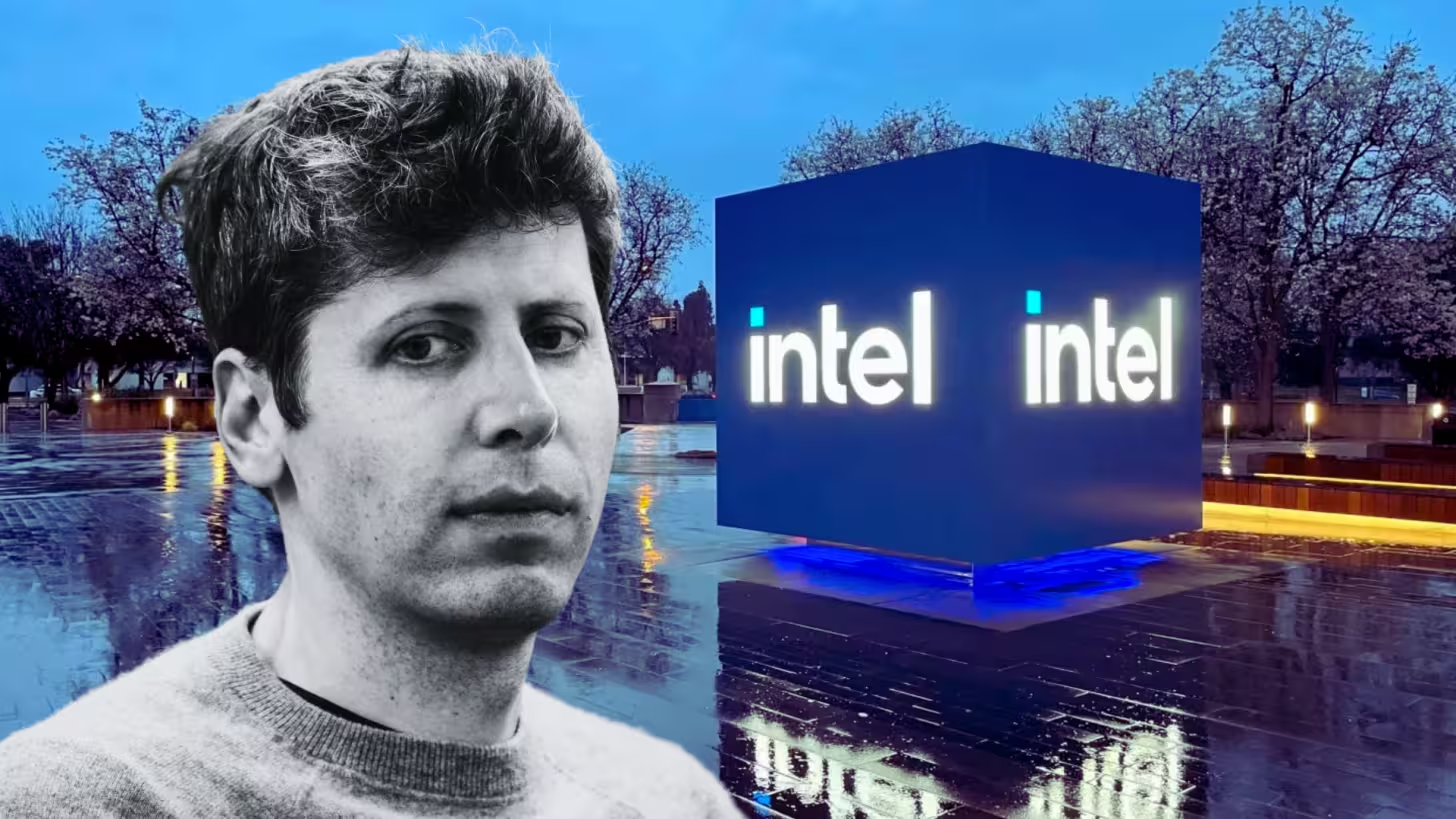3 Minutes
OpenAI CEO Sam Altman has a clear preference in the ongoing debate over where hyperscalers should source AI chips: stick with TSMC. In a recent interview, Altman urged the industry to ask Taiwan Semiconductor Manufacturing Company to scale up capacity rather than immediately turning to Intel Foundry as an alternative.
Altman’s practical stance: expand TSMC before switching
When asked whether tech companies should diversify away from a single foundry, Altman kept it simple. He said he would like TSMC to build more capacity. That answer signals a practical bias for continuity: rely on a proven partner rather than rapidly moving to a different supplier midstream.
OpenAI itself does not manufacture chips today, but the company is reportedly developing a custom AI processor reportedly targeting TSMC's 3nm process. That connection gives Altman a grounded perspective on semiconductor logistics, investment cycles, and the real-world difficulty of switching foundries.

Why the industry still watches Intel closely
That said, Altman stopped short of an outright rejection of Intel Foundry Services. Many leaders across the chip ecosystem — from Nvidia and AMD to prominent engineers — have been cautious in public comments. The consensus view: long-term diversification is desirable, but practical concerns remain.
Intel has been positioning its IFS business to capture more third-party manufacturing. The company’s 18A node will be watched closely for performance, yield, and production scale. If Intel proves it can match process efficiency and volume, it becomes a realistic secondary partner for AI workloads.
Supply chain realities: why dual sourcing matters
Relying on a single dominant foundry creates constraints. TSMC is the leader in advanced-node manufacturing, but shifting large amounts of production from Taiwan to the US will take time, capital, and logistics. For hyperscalers, a secondary partner — whether Intel, Samsung, or another foundry — is a hedge against geopolitical risk and capacity bottlenecks.
So the takeaways are straightforward: for now, industry players want TSMC to expand, but they will keep a close eye on alternatives. Intel’s ability to scale the 18A node and deliver competitive yields will be one of the deciding factors in whether US-based foundries can shoulder more of the AI chip load.
What to watch next
- TSMC investment plans and new fabs in the US and elsewhere.
- Intel 18A rollout, performance benchmarks, and production yields.
- How custom AI chip designs, including those from OpenAI, map to foundry roadmaps like 3nm.
Imagine a future where multiple high-performance foundries share the load for AI chips. That would ease supply shocks and accelerate innovation. For now, though, Sam Altman is betting on more capacity from the Taiwan giant — and the rest of the industry is watching closely.
Source: wccftech


Leave a Comment